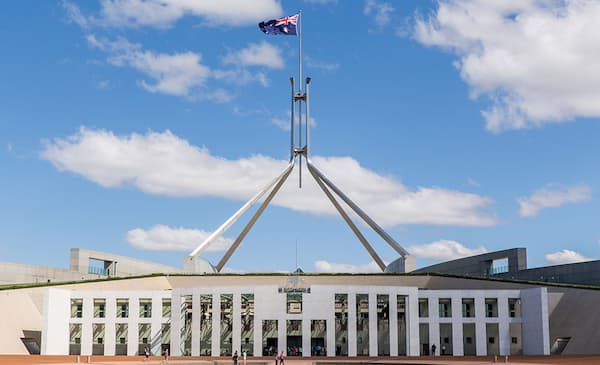
In May’s federal budget, the government unveiled a patent box scheme offering tax breaks for medical and biotech firms to retain intellectual property in Australia.
The government’s recent announcement offers a concessional 17 per cent company tax rate on profits from patents registered in Australia after May 11 2021, less than the current corporate tax rate of 30 per cent for large companies, and 25 per cent for smaller and medium enterprises.
AusBiotech CEO, Lorraine Chiroiu, who consulted with the government on the scheme, welcomes what she says will be a major boost for Australian innovators.
“We commend whole-heartedly the patent box for medical and biotechnology innovations that was announced in the Australian Federal Budget,” she said.
“Research and innovation are central to Australia’s international competitiveness and the patent box will help to motivate commercialisation, and support companies to keep the development of their IP and the value they create from it – especially by manufacturing locally – in Australia to benefit Australians. This approach is central to helping ensure that Australian bio-medical manufacturers remain competitive on an international scale.
“Dovetailing with the R&D Tax Incentive, the patent box creates end-to-end motivation and will address the gap that leaves our IP vulnerable to relocation and support Australian innovators and manufacturers. It will make the commercialisation of IP and manufacturing in Australia more genuinely viable for businesses. It will offer sound, long-term structural policy that will benefit the country.”
CEO of Australian diagnostic company SpeedDX Colin Denver also noted the potential impact of the scheme.
“We are very encouraged and supportive on the introduction of an Australian patent box regime and see its potential as a powerful incentive for companies to develop and commercialise medical technologies in Australia,” he said.
Time is a concern for many in the industry; Pathology Technology Australia’s CEO Dean Whiting says the country is already playing catch up and could lose innovators to more lucrative markets abroad by the time the benefits of the scheme are fully felt.
“Patent box is a good starting point isn’t the whole answer. The thing is we don’t know how it’s going to work yet, except the pay back isn’t going to be for about four or five years.
“That delay is quite a problem because a lot of companies might not be around for four or five years to enjoy the benefits of the scheme.”
Mr Whiting’s sentiments were echoed by Ms. Chiroiu who says a lot still needs to be done on policy design.
“The work is just beginning. To achieve all of this, the design of the patent box is key. As it currently stands, only patents applied for after the budget announcement will be eligible, which means that the benefits will not be seen for many years,” she added.
“AusBiotech is looking forward to working together with government to design a policy that will support industry as it’s intended to, and to deliver the results that the whole of Australia is keen to see.”
Mr. Denver says policy design that considers the long and complex commercialisation pathways characteristic of the biotech industry is needed.
“Our key recommendation is that the Patent Box regime includes not just “new” but existing Australian IP. We note that overseas patent box regimes often apply to existing IP,” he added.
“There are several other factors which will be important for the regime to consider, including that IP in the sector is often developed in collaboratively with overseas partners. As such thorough consultation with industry will be critical to ensure that the Australian Patent Box tax regime achieves its intended outcome to drive commercialisation of Australian developed IP in Australia.”
For advice on your business and political strategy, schedule a time to speak to our Director & CEO, John Emmerson.